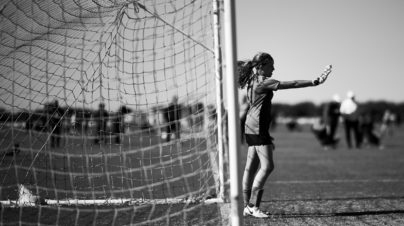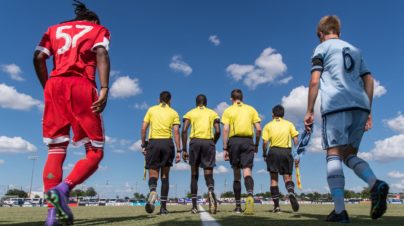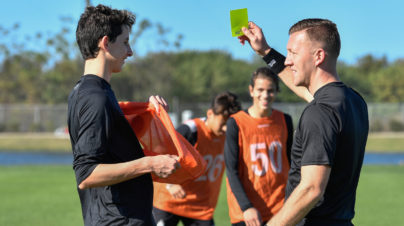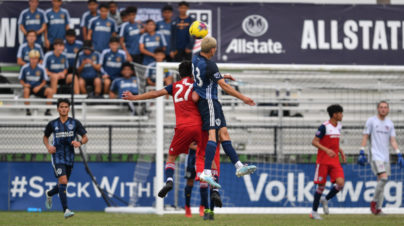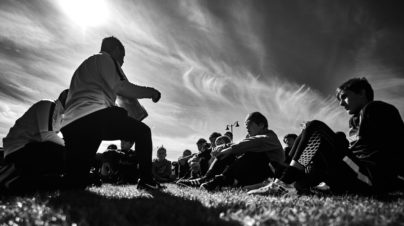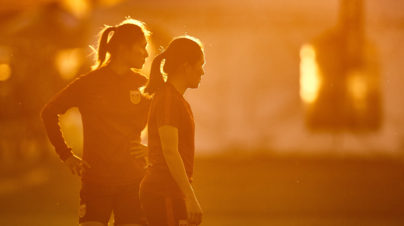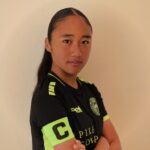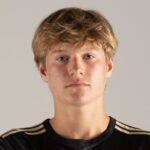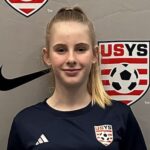How Futsal helped Christian Pulisic excel in the Premier League
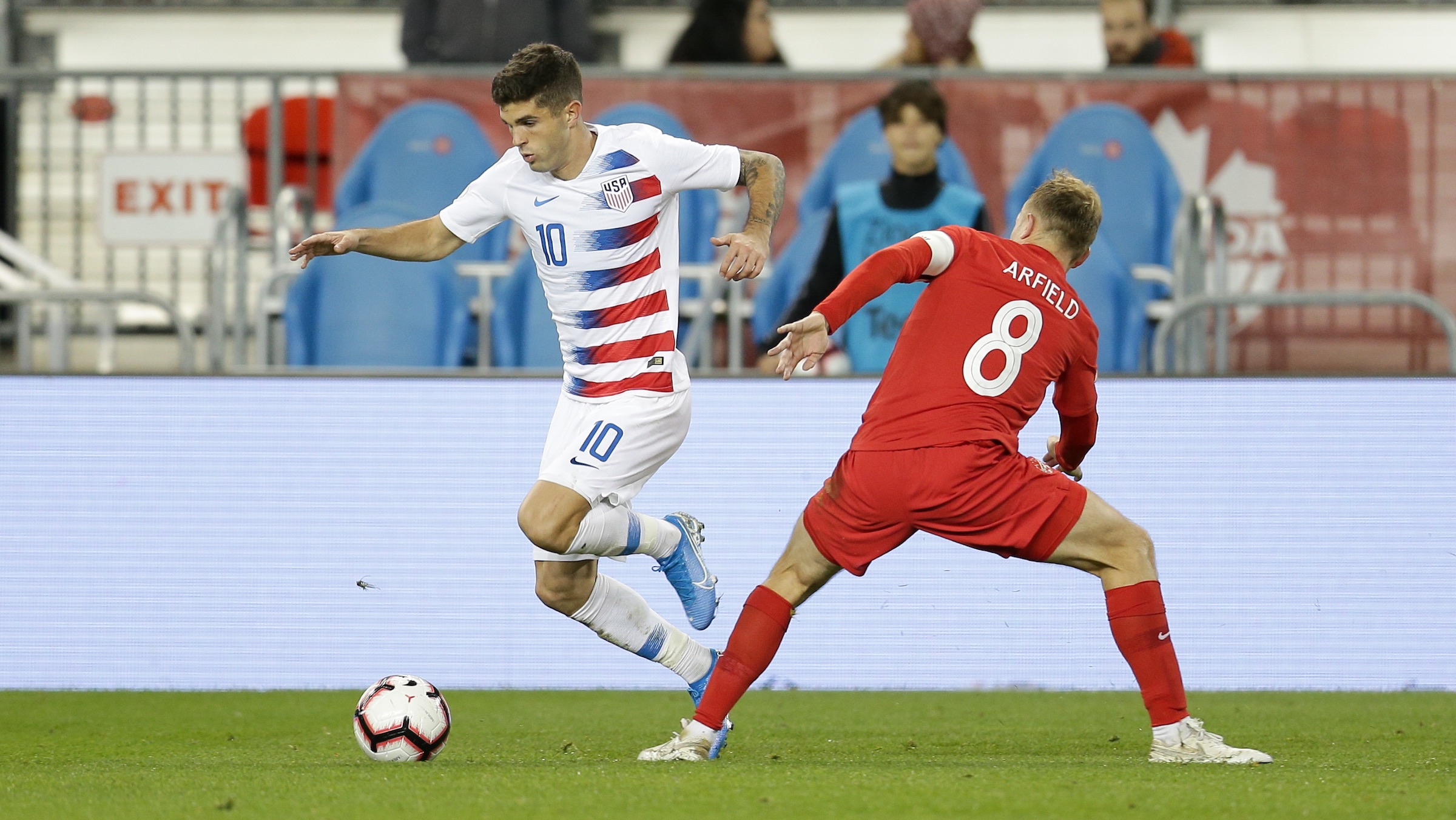
Published in partnership with SportsEngine (Originally published in Sept. 2020)
 SportsEngine, Inc., an NBC Sports Group company, is the leading provider of Sport Relationship Management (SRM) software, empowering athletes, parents, coaches, and sports organization administrators with tools and services to manage their organizations and sports lives.
SportsEngine, Inc., an NBC Sports Group company, is the leading provider of Sport Relationship Management (SRM) software, empowering athletes, parents, coaches, and sports organization administrators with tools and services to manage their organizations and sports lives.
———
Christian Pulisic has always stood out from the crowd and the USMNT superstar, who was in the form of his life at Chelsea over the summer months, took a different path to a lot of young American players.
Futsal and a focus on developing individual skills in his backyard in Pennsylvania was at the core of his training as the 21-year-old has now become one of the best wingers in the Premier League following 11 goals and five assists in his first season in England with Chelsea.
What was done to help Pulisic make the most of his supreme skill during his younger years?
Pulisic’s coach at the esteemed PA Classics club in Pennsylvania was Steve Klein, a friend of his father, Mark, and someone who shared the view with Christian’s family that it was less about playing for multiple teams and more about developing his individual skills which would help him become a professional player.
Klein was also Pulisic’s coach at the U.S. youth national team level and played a key role in his development from a young age.
In 2016 we spoke extensively with Klein about the development stages Pulisic went through and how he stood out from the crowd as he honed his skills with dribbling, close control and passing skills which are all prevalent in Futsal, something Pulisic played extensively as his father (who was a star in the Major Indoor Soccer League with the Harrisburg Heat) encouraged him to do.
You can read the story on Pulisic’s development under Klein in full here, and here’s a snippet from his coach at youth team level about how he developed into the player he is today:
“We never had him playing for two teams in the club. He would play for an older age group and we never put him down into a younger age group just to win a State Cup. He would get opportunities to go and play at the Dallas Cup with teams from other states but he would never do that. I would say he played a ton of soccer but all the extra was on his own in his backyard. He played a lot but he was not playing on two or three teams.”
Did that lack of playing games help Pulisic develop his sublime first touch, passing and dribbling skills?
“For sure. That’s what we try to tell people in our club. You tell them you don’t need to play for multiple teams. You can play every day but it needs to be on your own terms, at home doing stuff on your own,” Klein said. “Kids get burned out when they play on multiple teams. They don’t necessarily get burned out when they’re playing every day. If the kid is going into the backyard to do something, that’s because he wants to do it. You know he is choosing to do that. Kids aren’t always choosing when their parents are driving them to places. They are just going along for the ride.”
Pulisic wasn’t along for the ride.
He would spend hours in his backyard, practicing drills and skills rather than endless running around and chasing the ball in a crowd of other players. In the same way golfers spend hours on chips and putting rather than trudging around a course, Pulisic was honing his first touch, his Cruyff turn and his dribbling. It sounds simple, but the truth is far too many kids are pushed into the “play, play, play” mantra by parents and their coaches at a young age.
SOCCERWIRE MARKETPLACE
- Adidas National Cup 2026
- Adidas Showcase 2025
- Adidas Preseason Clash 2025
- Capital Fall Classic 2025 - Register by October 1st
- Applications are Now Open for the 2026 Jefferson Cup
- Start the Season Strong at Loudoun Premier Cup!
- 50th Annual Rael Vodicka Memorial Tournament
- Soccer Marketing Internships at The St. James FC
- Job Opening: The St. James FC Goalkeeper Academy Coach
- Full-Time Director of Goalkeeping for The St. James FC

